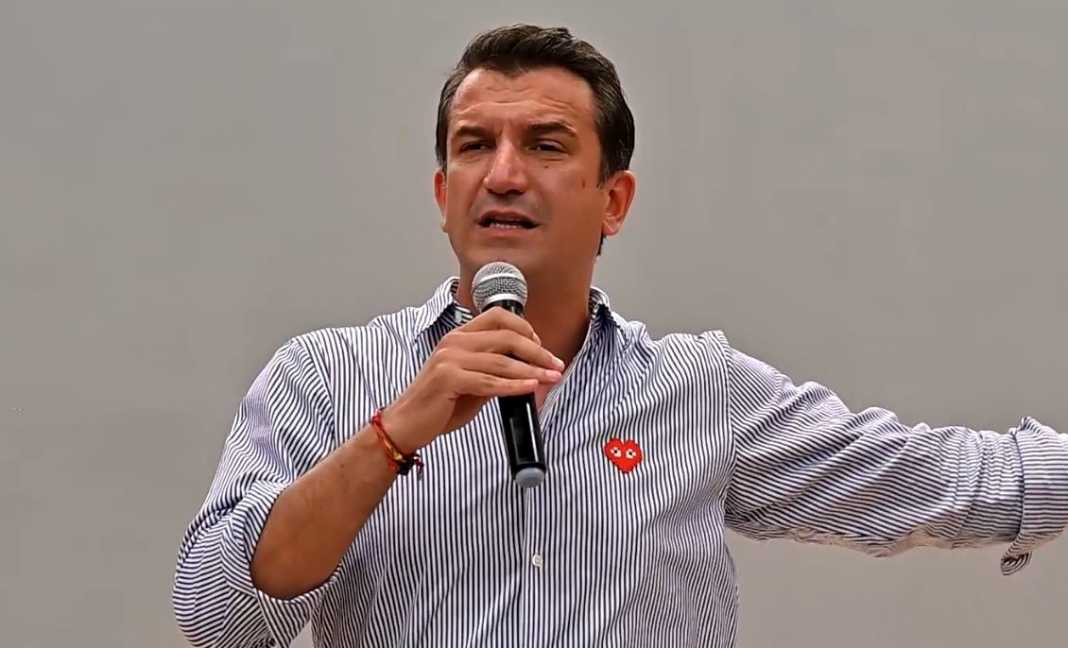SPAK investigating assets of Tirana Mayor

The Special Structure Against Corruption and Organized Crime (SPAK) has initiated an investigation into the assets of Tirana Mayor Erion Veliaj and his family. The investigation started following a public denunciation by the Democratic Party. On Friday, National Bureau of Investigation (NBI) officers seied the phones belonging to the mayor’s wife and brother as part of the investigation. Veliaj, who was on an official visit to Hamburg at the time, welcomed the investigation, stating that he supports SPAK’s efforts and will fully cooperate.
Why is this important: The investigation into Veliaj, a prominent and very successful figure in the Socialist Party, who is in his third mandate as mayor, challenges opposition claims that SPAK is controlled by the government. SPAK has shown its independence, pursuing high-profile cases involving former ministers, mayors, MPs, and even a former deputy prime minister. This reinforces the narrative that no one is above the law in Albania’s anti-corruption crackdown.
Opposition leaders, including Democratic Party leader Sali Berisha and Freedom Party leader Ilir Meta, have criticized SPAK for targeting their parties while allegedly ignoring government corruption. Both Berisha and Meta face serious charges, including passive corruption, concealment, and failure to declare assets. The opposition has organized protests outside SPAK headquarters, accusing the institution of being selective and politically motivated.
Context: In a public statement, Veliaj condemned the opposition for conducting what he called a trial by media, accusing his political adversaries of attempting to tarnish his image and that of his family. Veliaj emphasized his willingness to cooperate with judicial institutions while rejecting what he described as unfounded allegations.
“My family and I, as citizens and in my role as Mayor of Tirana, will always be open to any action or decision by judicial institutions. However, we disdain the falsehoods that aim to damage our reputation and undermine the credibility of these institutions,” Veliaj stated.
Veliaj also accused the opposition of hypocrisy, noting that they support the justice system when it targets their political rivals but attack it when investigations reach their ranks. He reiterated his commitment to institutional accountability and transparency.
Meanwhile, Democratic Party leader Sali Berisha continued his criticism of Albania’s judicial reform, labeling it a “class war” that favors abusers while punishing honest officials. Berisha promised a sweeping overhaul of the justice system if his party comes to power.
Justice reform in focus: The justice reform, adopted in 2016 with unanimous parliamentary support and strong backing from the U.S. and EU, is widely regarded as one of Albania’s most significant achievements. The reform has vetted approximately 800 judges and prosecutors, disqualifying nearly half for issues related to integrity, professional conduct, or unexplained wealth. This process has been instrumental in advancing Albania’s EU accession negotiations, which formally began in 2022 and recently progressed with the opening of new chapters.


